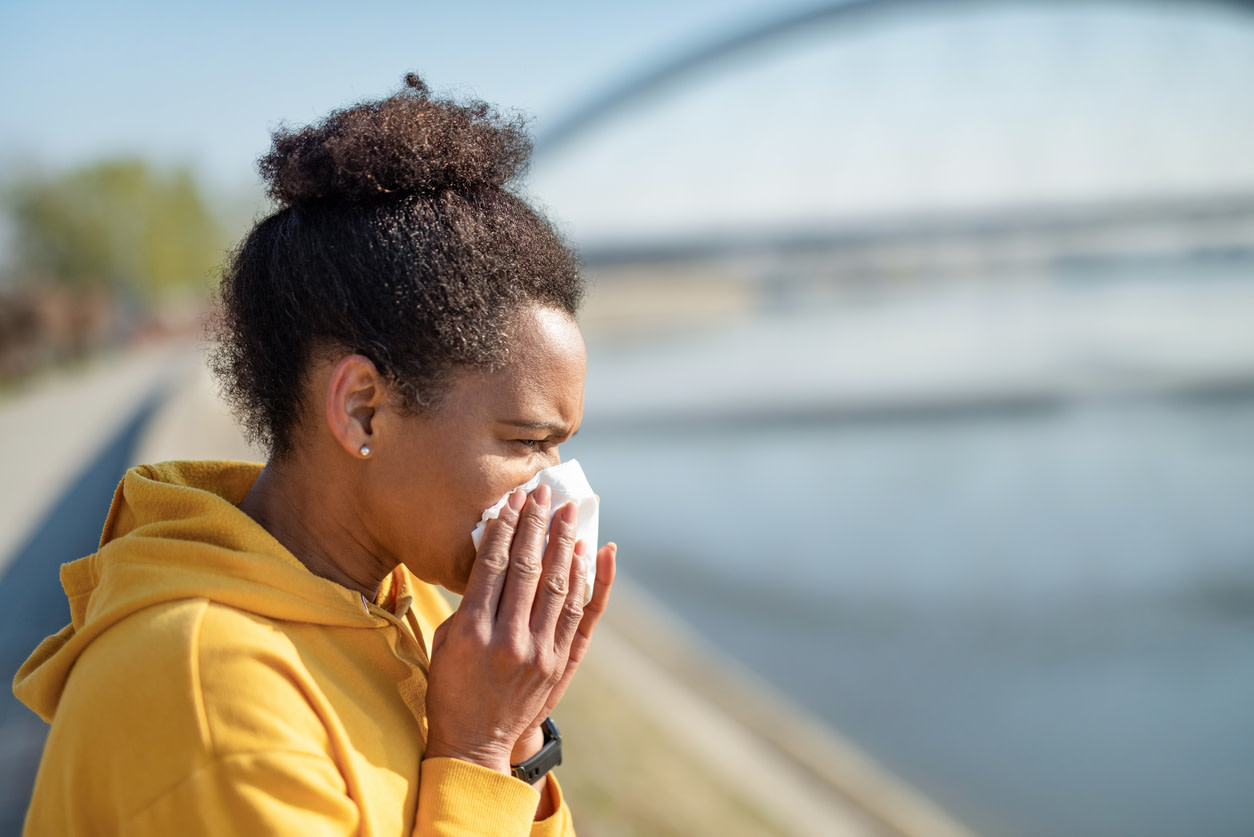Should you exercise when sick? Tips for staying active when you don’t feel well
Should you work out when sick? Find out when it’s safe to stay active, tips for working out while sick, and when to consult a doctor.
$0 costo para usted
Fecha de Publicación: Feb 7, 2025
